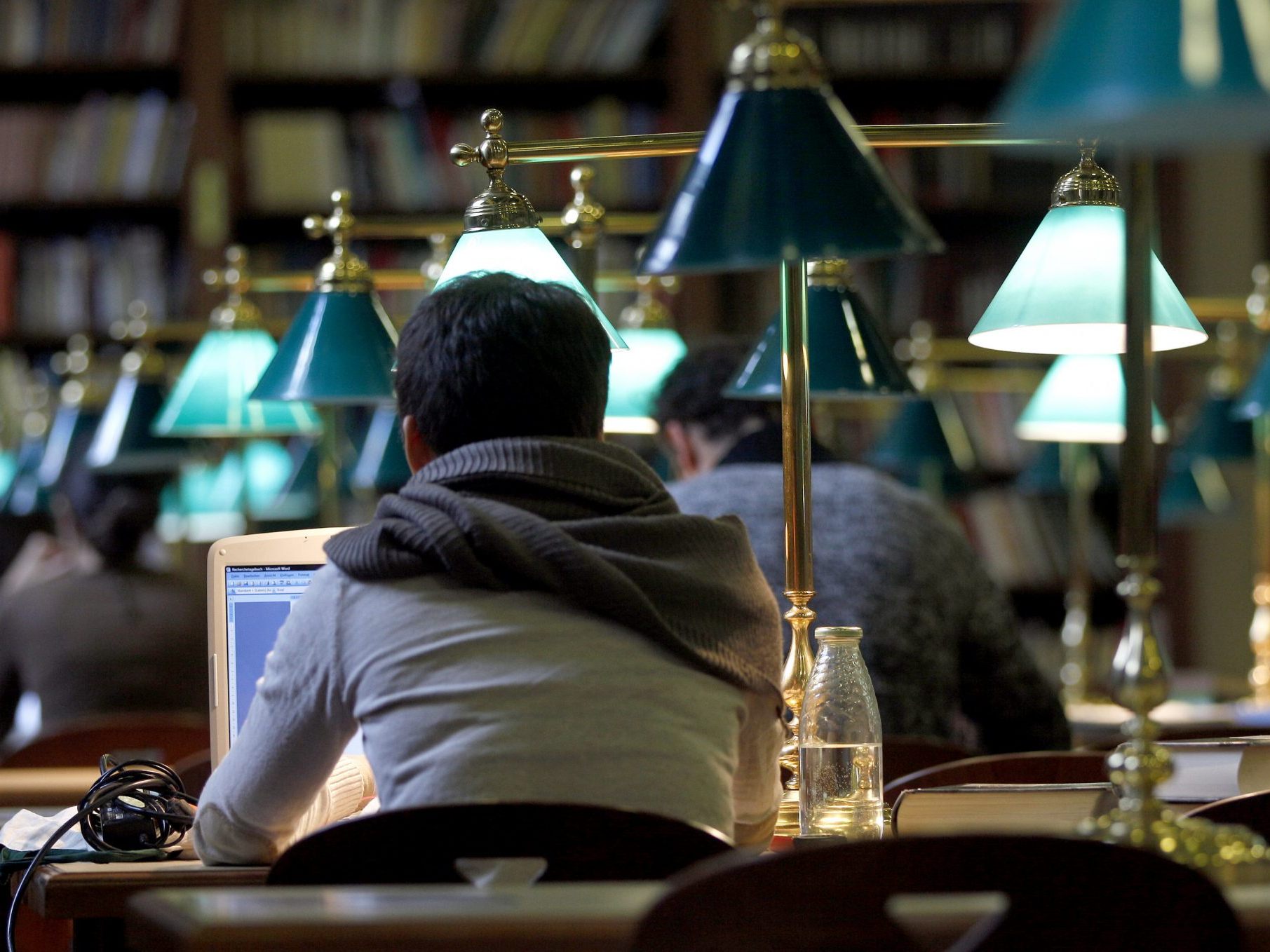Conference of Universities Against the End of Admission Restrictions

The government program includes an evaluation of the regulation, and the SPÖ has repeatedly spoken out against admission barriers. The teacher training programs, on the other hand, should be fully transferred to the universities according to uniko's wishes, including further education - currently, these are shared with the University Colleges of Teacher Education (PH), which are supposed to be integrated into the universities.
uniko for Extension of Admission Restrictions
The often-cited free access to higher education has two sides, argued uniko President Brigitte Hütter at a press conference on Monday evening. One is whether everyone can start any course of study without restrictions. "But how many can study in a reasonable time, and what study conditions do they have? This question must also be asked, that is the other facet." Overcrowded universities primarily harm socially disadvantaged students who, for example, cannot afford to wait a semester to attend a specific seminar.
Criticism comes from the Austrian National Union of Students (ÖH). "We demand that measures be taken to gradually dismantle admission restrictions," said ÖH Chairwoman Sarah Rossmann (Green and Alternative Students/GRAS) in a statement. Despite budgetary pressures, these should not be extended under any circumstances.
uniko once again envisions teacher training fully at the autonomous universities in the future - in contrast to the PH, which are subordinate departments of the Ministry of Education. Conversely, they wish for the entire training to be transferred to the PH.
Currently, teachers for the age group six to ten years (primary school) and educators for vocational education at vocational middle and higher schools (BMHS) or for vocational schools are trained exclusively at PH. The training for teachers of "Secondary Level General Education" is shared between universities and University Colleges of Teacher Education in so-called networks.
In these associations, depending on the field, between 70 and 85 percent of the teaching would be carried out by the universities, argues Hütter. Teacher training should be studied where the academic disciplines are also based. "Teachers are also the first science ambassadors a person encounters."
For Hütter, a merger of teacher training studies into Schools of Education, as envisaged in the government program, is "questionable." In these, the universities could not be represented. "We will not contribute to an education that takes place elsewhere." There is no need for yet another type of higher education institution.
Doctoral Rights, Bureaucracy, and USA
The right to award doctorates should remain with the universities, contrary to the demands of the universities of applied sciences (FH), emphasized Hütter. However, there is a desire to increasingly offer jointly supervised doctoral programs with the FH. In a discussion with Science Minister Eva-Maria Holzleitner (SPÖ), there was a sense that she preferred the cooperation model. The FH, in turn, have no problems with the joint doctoral programs, it was noted in a statement. These would work well. However, there is also a need for independent application-oriented doctoral programs, which should be further developed in cooperation with business and industry partners.
There is a desire to push back the sometimes excessive bureaucracy: This applies, for example, to certain reporting obligations - such as the need to document three-day stays abroad. "We should only have to collect data where it is known that something will be done with it." Regarding the Freedom of Information Act, it must be clarified that only the university as a whole is obliged to provide information, not each individual body such as appointment or habilitation commissions. Otherwise, each individual commission would have to clarify on its own what information needs to be provided.
There is indeed interest from the USA in the perspective package announced by Holzleitner for researchers under pressure. Discussions are ongoing here, according to Hütter - there are also signals that a postdoc program will be launched. As the rector of a smaller art university, she has already had contact with two professors from the Massachusetts Institute of Technology (MIT) who have expressed interest in returning to Europe.
(APA/Red)
This article has been automatically translated, read the original article here.





